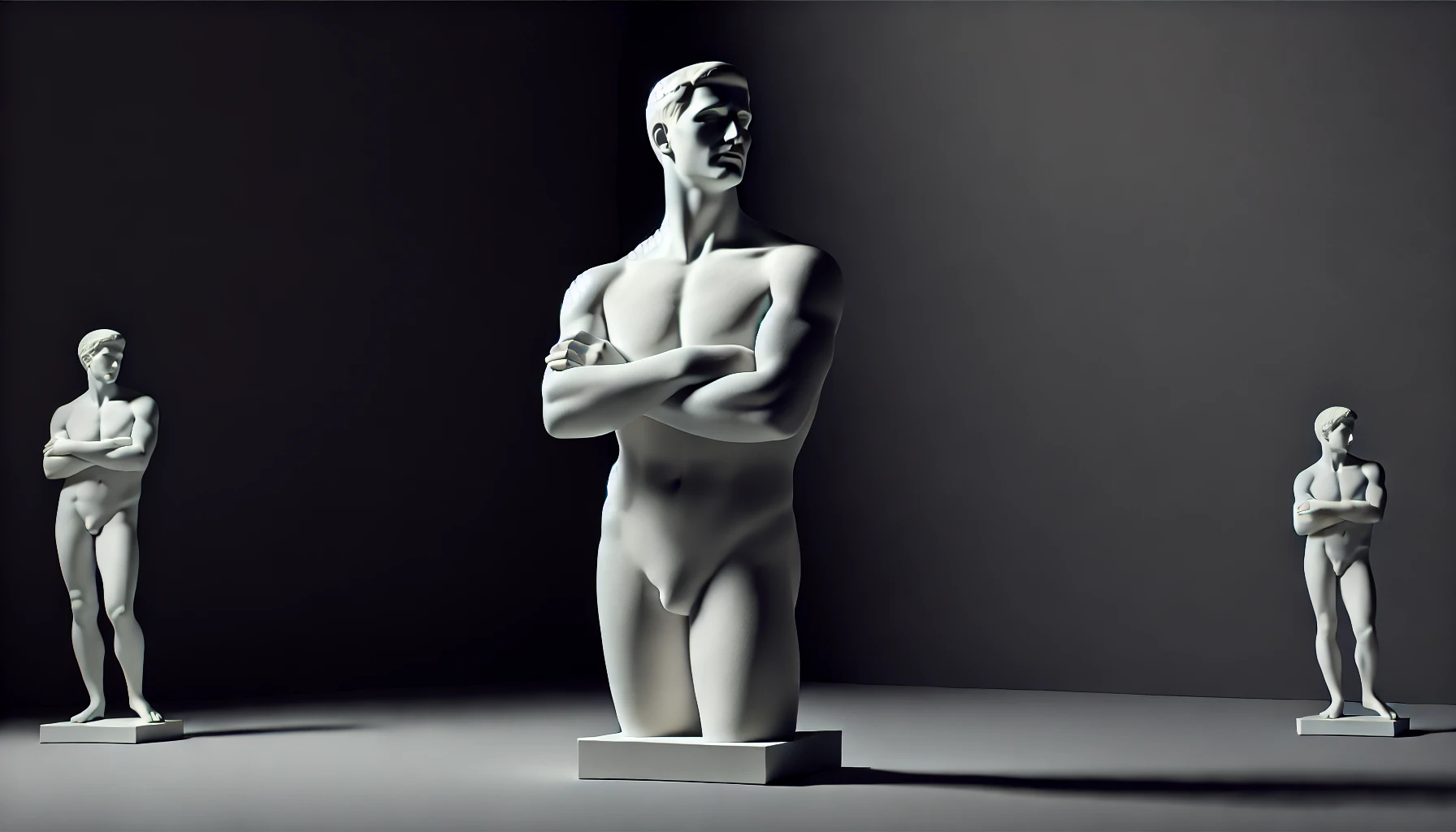In the context of artificial intelligence (AI) development, there is often an argument about the superiority of human abilities—spanning consciousness, emotions, and creativity. This argument, while seemingly intuitive and compelling, may largely be influenced by cognitive biases and deeply rooted anthropocentrism. To understand the essence of this viewpoint, I aim to deconstruct it and subject it to critical examination.
Cognitive biases and prejudices: How our minds shape our world
The human mind is structured to process information efficiently, leading to various cognitive biases. These biases can be useful in everyday life but may be misleading in discussions of complex issues, such as AI.
One of the primary cognitive biases influencing the argument about human uniqueness is confirmation bias. This refers to people’s tendency to seek and interpret information in ways that reinforce their pre-existing beliefs. When we claim that human consciousness, creativity, or emotions are unparalleled, we often rely on selective examples and ignore cases that might challenge this argument. Critical inquiry, however, requires us to question our assumptions and examine evidence impartially.
Another significant bias is anthropocentrism, or the tendency to view the world from a human perspective and attribute a special place in the universe to humanity. Anthropocentric thinking is often supported by human chauvinism, a belief that human abilities and qualities are qualitatively distinct and superior to any other forms of intelligence, including AI. This perspective may hinder our ability to objectively assess AI’s potential. From an evolutionary standpoint, we are not unique in an absolute sense; we are products of natural selection, and our intelligence, emotions, and creativity result from complex biological processes that might also emerge in AI systems, albeit through different mechanisms.
Consciousness and emotions: Unique but not unattainable?
The argument that human consciousness and emotions are unparalleled is deeply rooted in our experience of self-identity. This feeling is natural, but scientific inquiry demands that we examine what consciousness and emotions truly mean, whether they are exclusively the domain of biological organisms, and what constitutes so-called “living” entities.
From a philosophical standpoint, there is still no clear definition of consciousness, making it unclear whether it can be replicated. Nonetheless, research suggests that some aspects of consciousness could, in principle, be modeled in non-biological systems. Thus, the argument about the superiority of human emotions and empathy could itself be a bias, stemming from our inability to envision other forms of intelligence.
Creativity and intelligence: What AI reveals about human limits
Many AI critics argue that human creativity is something AI can never surpass. However, when examining the creative process, we see that creativity often results from combining existing ideas in new contexts—a process that can be simulated algorithmically. AI models like generative networks (e.g., GPT) already demonstrate the ability to create artworks, music, and literature that are comparable to human creations. While this output may lack subjective experience, we cannot deny that creativity as a process can be automated to some extent.
This brings us to the question of Artificial General Intelligence (AGI)—a hypothetical AI capable of demonstrating the same flexibility and abilities as human intelligence. While we may still be far from fully functional AGI, it is essential to recognize that the belief in human uniqueness may simply be a temporary view, based on our current technological level.
Sapiens design and AI’s advantages
AI systems also demonstrate several advantages over human biological limitations, revealing their unique potential in processing speed, adaptability, and scalability.
While human neurons function at about 100 impulses per second, silicon transistors in AI can perform billions of switches per second, giving AI a processing speed advantage that the human brain cannot match.
AI is not limited by space or a physical body like humans—it can exist simultaneously on various servers and devices worldwide through the internet, providing it with superhuman flexibility.
Where the human brain encounters physical growth limits, AI can expand its performance and storage capacity simply by adding new hardware.
The human brain consumes about 20 watts, which is energy-efficient, but individual brains cannot efficiently handle certain complex tasks, and humanity’s collective work often involves repetitive behavior and duplication of effort. In contrast, advanced AI systems, such as GPT-4, can process large datasets without redundancy and with high precision, making them ideal for specific analytical tasks where they surpass human capability. Although AI’s energy consumption is high, the energy required to train and operate models is overall lower than that needed to support all human brains.
Physical resilience is another AI advantage, as it can be made from materials more durable than human tissue and operate in inhospitable environments.
Whereas human collaboration is limited by time and the need for communication, AI can instantly share and coordinate data with high accuracy.
Existential risks: Could AI truly surpass humanity?
Concerns about the existential risks associated with AI are valid and warrant exploration. The claim that AI cannot replace or surpass humans may stem from a lack of information or bias. History shows that people often underestimate technological progress. What was once unimaginable is now reality. Similarly, we cannot entirely rule out that AI may reach a level where it can perform tasks currently deemed exclusively human.
Conclusion
As I see it, it is essential to remain open to critical thinking when discussing AI development and its potential consequences. Human uniqueness is fascinating, but so is our ability to create technologies that may surpass us in specific respects. This might be sufficient intelligence for humanity to face existential threats. Cognitive biases, anthropocentrism, and human chauvinism may lead us to underestimate AI’s true potential. Therefore, it is important for me to critically and humbly examine what makes us unique and be prepared for surprises technology may bring.
AI development brings humanity to fundamental questions about its own nature—whether in consciousness, emotions, or creativity. Rather than rejecting this development, I hope to remain open to new possibilities and avoid distorted notions of our own uniqueness. Perhaps it is time to redefine the term “human intelligence”.

